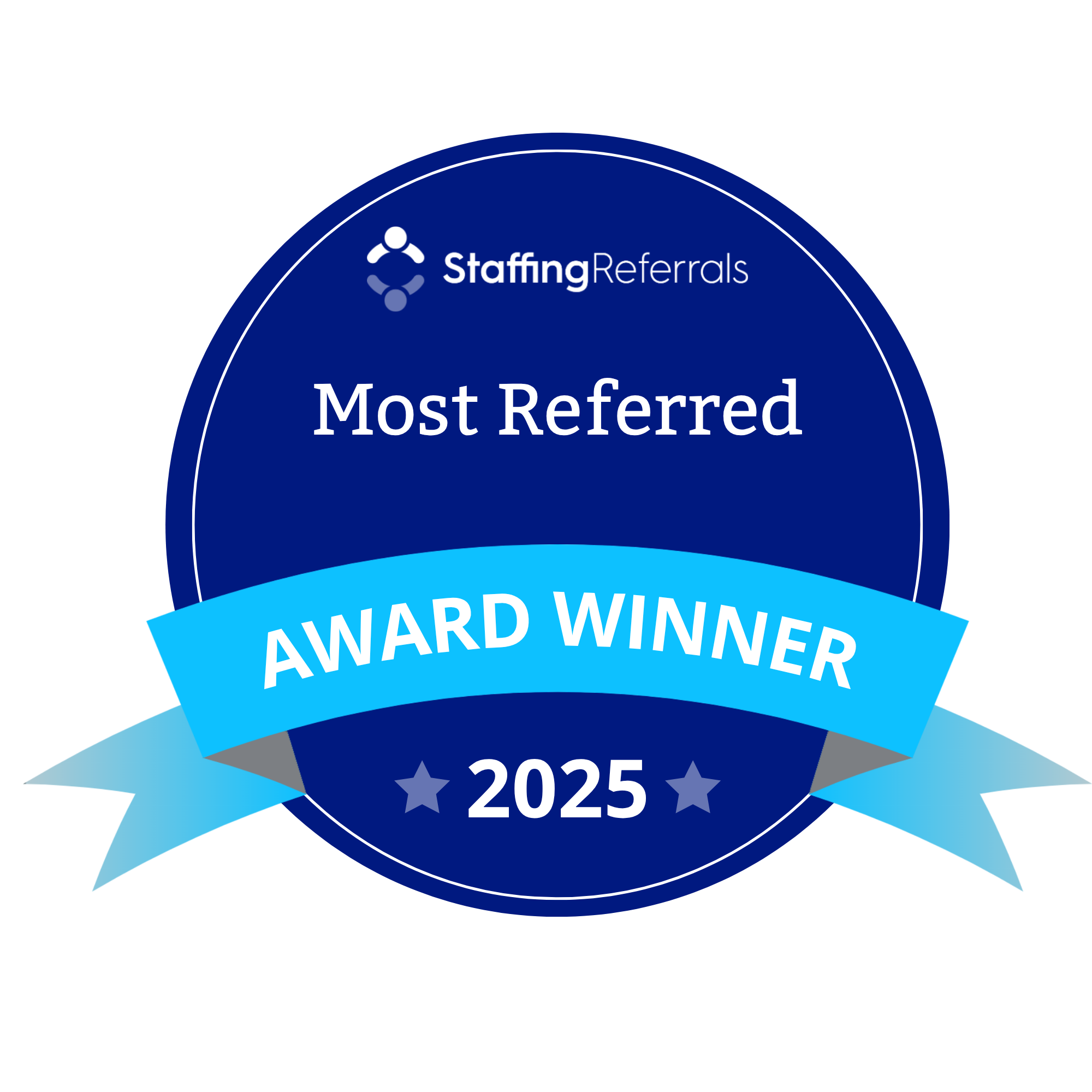As a travel nurse, you enjoy the flexibility of working in various locations, but this lifestyle comes with unique tax challenges. From managing taxable and non-taxable income to filing taxes in multiple states, understanding the rules can help you maximize your earnings and avoid costly mistakes. Here’s everything you need to know about taxes as a travel nurse.
Travel nurses typically receive a combination of taxable wages and non-taxable stipends.
Important Note: If you do not qualify for a tax home, all stipends become taxable income.
The IRS defines a tax home as the entire city or general area where your regular place of business or work is located, regardless of where you maintain your personal residence. If you do not have a regular place of business, your tax home may be the location where you regularly live, provided certain conditions are met.
Your tax home determines whether travel expenses (e.g., lodging, meals, transportation) incurred while working away from this location can be deducted as business expenses. In other words, it determines whether your stipends for housing and meals are tax-free. To maintain a valid tax home:
If you do not meet these criteria, the IRS considers you an itinerant worker, and all stipends will be taxed as income. According to the IRS, an itinerant worker is someone who does not have a regular or fixed place of business and, therefore, does not maintain a “tax home.” Instead, their tax home is wherever they are currently working.
A travel nurse who does not maintain a permanent residence or return to it regularly may be classified as itinerant. Any non-taxable stipends (e.g., per diems for housing and meals) would become taxable because the nurse does not meet the IRS requirements for maintaining a tax home.
This is referred to as a “related party transaction.” If you do this, it needs to look, smell & taste like a real rental arrangement. That means you need to pay rent, and it must be of fair market value. In addition, the recipient of the rent payment should claim the income on their tax forms as rental income.
It’s always a good idea to have a contract. The contract needs to look legitimate, like a business transaction.
Duplicating expenses means incurring living costs at your tax home and your temporary work location. This is critical for maintaining the tax-free status of your stipends.
Working in multiple states during the year means you must file taxes in each state where you earned income. Here’s how it works:
Per diems are daily allowances provided by employers to cover meals, lodging, and incidental expenses while working away from home. Here’s what you need to know:
While federal tax reforms have eliminated many job-related deductions for employees, some states still allow deductions for certain expenses:
Keep detailed records of these expenses as they may be deductible on state returns or under specific circumstances.
If your assignment is close enough to commute daily without incurring lodging costs, stipends may become taxable.
To maintain a valid tax home, return to it regularly (at least 30 days per year) and keep ties such as voter registration or driver’s license there.
The IRS does not have a “50-mile rule” for determining whether stipends are tax-free. The IRS states that you can accept tax-free reimbursements if “you need to sleep or rest to meet the demands of your work while away from home.” The IRS does not define a specific distance that would constitute your need to sleep or rest.
The IRS requires that you actually incur expenses to accept tax-free reimbursements for those expenses.
The IRS considers any assignment lasting more than 12 months at one location as indefinite rather than temporary. Once an assignment becomes indefinite:
To avoid this situation:
Travel nursing taxes can be complicated due to multi-state filings, maintaining a valid tax home, and navigating IRS rules on per diems and stipends. A professional familiar with travel nursing can help:
I recommend traveltax.com – a tax consulting firm started by a traveling respiratory therapist with an accounting degree. They offer several resources for traveling healthcare professionals, including traveler tax returns, phone consults to review your tax home, and a blog with helpful information.
By understanding these rules and maintaining proper documentation throughout the year, you can confidently navigate tax season while maximizing your take-home pay!
The public may contact The Joint Commission’s Office of Quality Monitoring to report concerns about the quality and safety of patient care provided by a Care Team Solutions employee. Rest assured, you can report a patient safety event or concern about a healthcare organization to The Joint Commission without fear of retaliation. To report concerns or register complaints about a Joint Commission-certified organization, click here to learn more, call 1-800-994-6610 or e-mail complaint@jointcommission.org.
